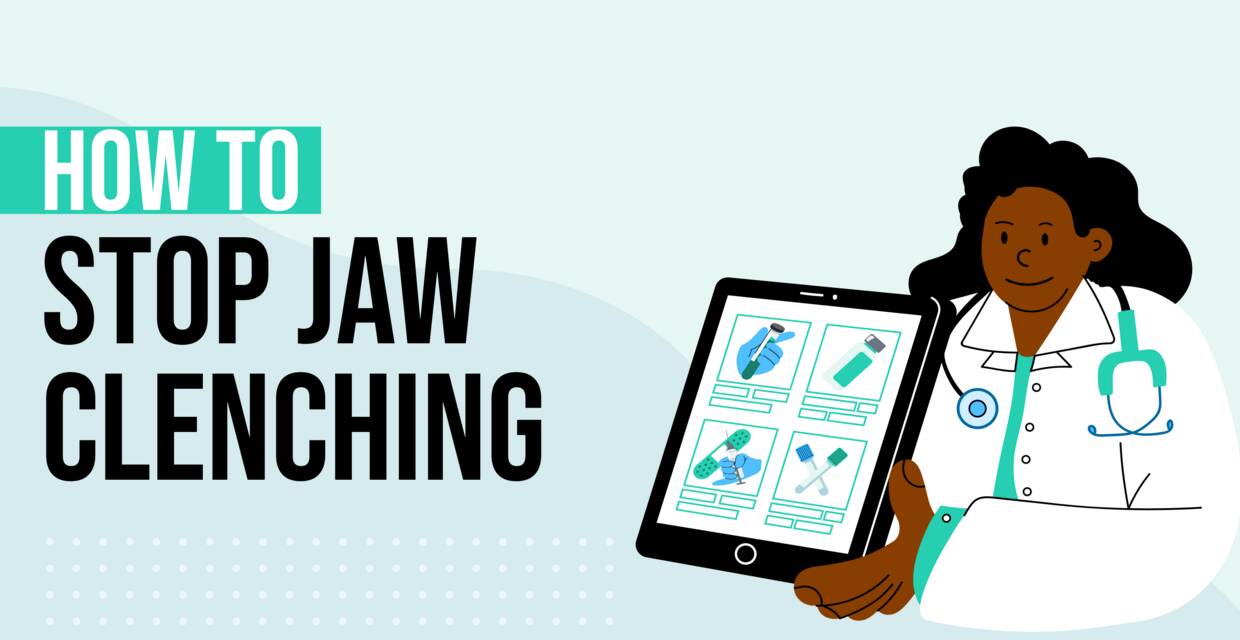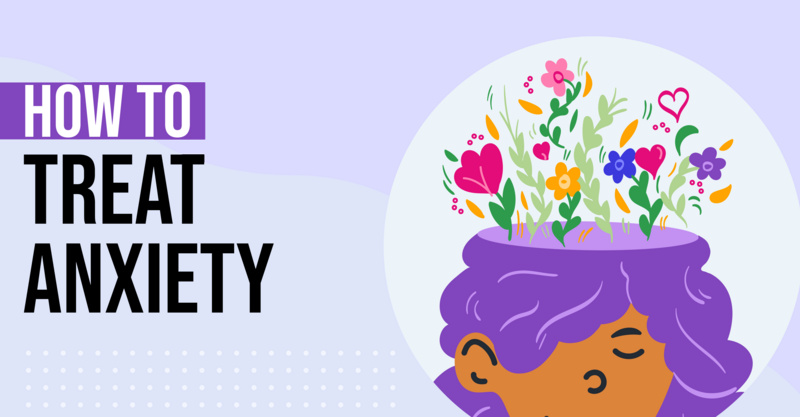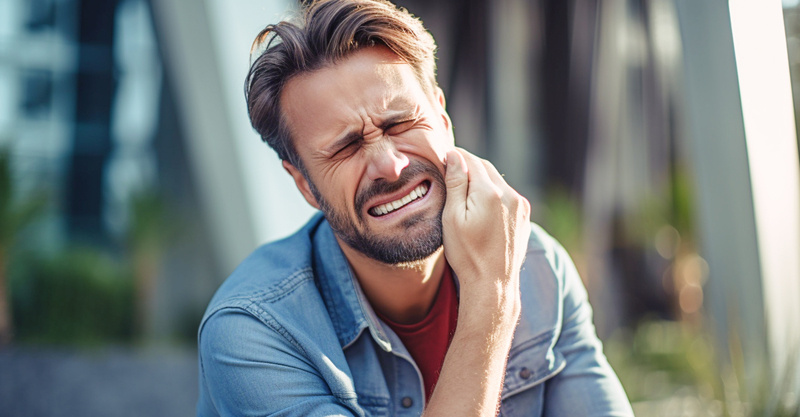Key Points
- Bruxism, a condition characterized by jaw clenching and teeth grinding, often occurs during sleep and can lead to various health issues including damaged teeth, jaw pain, and headaches.
- The causes of bruxism are diverse, ranging from emotional states like stress and anxiety to medical disorders such as Parkinson’s disease and sleep apnea.
- Symptoms of bruxism include poor sleep, morning headaches, unexplained earaches, and occasionally, jaw lock.
- Management of bruxism involves stress and anxiety management, use of mouthguards, addressing dental issues, treating sleep disorders, and lifestyle changes like avoiding alcohol, smoking, and caffeine.
- In severe cases, botox injections may be considered, and it is recommended to seek medical help if bruxism leads to significant tooth damage or jaw muscle fatigue.
Jaw clenching and teeth grinding (also known as “bruxism”) is a condition characterized by the involuntary or habitual grinding, gnashing, or clenching of teeth, according to the Cleveland Clinic. It can happen anytime but is most common when you’re sleeping, according to the Cleveland Clinic.
It may not seem like a huge deal at first, but the potential consequences of jaw clenching may include damaging your teeth, jaw pain, headaches, earaches, and temporomandibular joint (TMJ) disorders.
Common Causes of Jaw Clenching & Teeth Grinding (Bruxism)
The Cleveland Clinic notes several reasons for jaw clenching and teeth grinding, including:
- Stress
- Anxiety
- Anger, frustration, or tension
- Sleep disorders
- Misaligned teeth
- Some medications and substances can also cause bruxism (including some antidepressants, smoking tobacco, caffeine, alcohol, and recreational drugs)
- Some medical disorders like Parkinson’s disease, dementia, GERD, epilepsy, night terrors, sleep apnea, and ADHD
How to Tell if You're Clenching Your Jaw or Grinding Your Teeth
Sometimes it can be hard to tell if you’re clenching or grinding—especially if you are doing it in your sleep or when you’re concentrating on something important. There are ways you can tell, however. The Cleveland Clinic says to look out for these signs and symptoms:
- You aren’t sleeping well
- You have headaches or jaw pain, especially in the morning
- You have unexplained earaches
- You develop painful or loose teeth
- You have sore jaw muscles
- You have damage or unusual wear to your teeth
- You develop TMJ
- You have pain in your jaw when you eat
- Your jaw occasionally locks up
What You Can Do to Stop Clenching Your Jaw or Grinding Your Teeth
Manage Anxiety & Stress
Stress and anxiety are common causes of jaw clenching and teeth grinding. The Mayo Clinic lists several things you can try to help manage stress and anxiety, including:
- Cognitive Behavioral Therapy
- Getting regular exercise
- Using some meditation techniques
- Seeing a doctor about the use of muscle relaxers and anti-anxiety medications
Use a Mouthguard
If your jaw clenching and teeth grinding happens mostly at night, a nighttime mouthguard can be the perfect solution. The Mayo Clinic notes that you can get a custom-made mouthguard at your dentist's office, or purchase a generic mouthguard online or at a retail pharmacy. Generic mouthguards may be less durable and wear out quicker, according to the Mayo Clinic, but they can be a great temporary solution while you’re waiting for a custom-made one.
Address any Dental Problems
If you have dental problems like misaligned teeth or TMJ, getting your dental problems addressed is a great way to help stop jaw clenching and teeth grinding, according to the Mayo Clinic. Your dentist can not only address any concerns but also make recommendations for managing your jaw clenching and teeth grinding.
Address any Sleep Disorders
Sleep disorders are a cause of jaw clenching and teeth grinding, according to the Cleveland Clinic—so addressing this can help. The Mayo Clinic notes that you may need a sleep study to fully diagnose any sleep disorders.
Avoid alcohol, smoking, and caffeine
Smoking tobacco, and drinking alcohol or caffeine can all cause jaw clenching and teeth grinding for some people. If this is your case, you should consider cutting back or breaking the habits entirely, according to the Mayo Clinic.
Botox Injections
For some people, botox injection may help with jaw clenching and teeth grinding, according to the Mayo Clinic. They note that this is usually a last resort—after other treatment options have failed.
When to See a Doctor About Jaw Clenching or Teeth Grinding
According to the Cleveland Clinic, you should seek advice from a medical doctor if you experience any of the following:
- Teeth grinding or clenching loud enough to wake up your sleep partner
- Teeth that are flattened, fractured, chipped, or loose
- Worn tooth enamel, exposing deeper layers of your tooth
- Increased tooth pain or sensitivity
- Tired or tight jaw muscles, or a locked jaw that won't open or close completely
- Pain or soreness in your jaw, neck, or face
- Earache
- Dull headache starting in the temples
- Damage from chewing on the inside of your cheek
- You’re not sleeping well
- It is associated with other symptoms
Recap of How to Treat Jaw Clenching & Teeth Grinding
Jaw clenching and teeth grinding are often referred to as bruxism and can be caused by stress, anxiety, sleep disorders, and some medications or medical conditions. Managing your stress and anxiety, and addressing sleep or dental problems are usually necessary to treat jaw clenching and teeth grinding. Additionally, a mouthguard can be a useful tool to help protect your teeth and jaw.
Frequently asked questions
What is bruxism?
Bruxism is a condition where a person clenches their jaw or grinds their teeth, often during sleep.What are the common symptoms of bruxism?
Common symptoms include poor sleep, morning headaches or jaw pain, unexplained earaches, painful or loose teeth, and occasionally, jaw lock.What are the causes of bruxism?
Bruxism can be caused by a variety of factors, including stress, anxiety, sleep disorders, misaligned teeth, certain medications, and medical disorders like Parkinson’s disease and ADHD.How can I manage or treat bruxism?
Management strategies include stress and anxiety management, use of mouthguards, addressing any dental issues, treating any underlying sleep disorders, and avoiding alcohol, smoking, and caffeine.Is bruxism a serious condition?
It can be, especially if it leads to significant tooth damage or jaw muscle fatigue. If you're experiencing these symptoms, it's recommended to seek medical help.Are there any medical treatments for severe bruxism?
Yes, in severe cases, botox injections may be considered as a treatment option.Can lifestyle changes help manage bruxism?
Yes, avoiding alcohol, smoking, and caffeine can help manage the condition.When should I seek medical help for bruxism?
You should seek medical help if bruxism leads to significant tooth damage, jaw muscle fatigue, or is associated with other symptoms.
Solv has strict sourcing guidelines and relies on peer-reviewed studies, academic research institutions, and medical associations. We avoid using tertiary references.


 LinkedIn
LinkedIn










